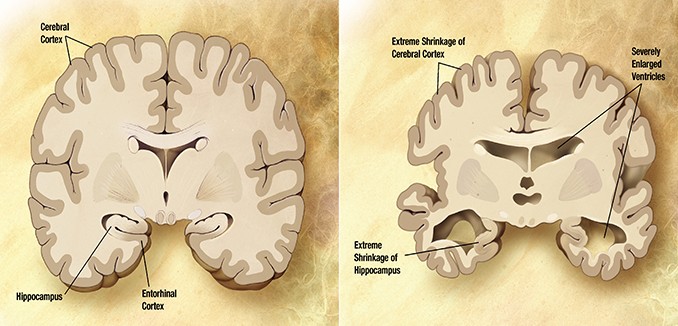Antidepressant exposure increases the risk of dementia by a factor of 3.43 among people over the age of 60, compared to peers unexposed to this medication, according to an international study led by Israeli researchers published in the American Journal of Geriatric Psychiatry.
Dementia, an incurable neurodegenerative disease characterized by impairment and deterioration in cognition and daily activities, disease about 6% of people over the age of 60. Research indicates that the number of cases of dementia is expected to double by 2040.
Other studies estimate that 1.8% of the population suffers from depression in old age. Recent years have witnessed a rise in the use of antidepressant medication among the elderly, prescribed for depressive disorder and for other conditions such as insomnia, anxiety and pain.
“The results of the study indicate that antidepressant exposure among older people is associated with an increased incidence of dementia. Clinicians, caregivers and patients may wish to consider this possible negative consequence of antidepressants among persons over 60,” noted Prof. Stephen Levine of the University of Haifa, the head of the research team.
Levine an international team of researchers studied 71,515 participants over the age of 60 who did not have a diagnosis of dementia during the period 2002-2012.
This group was examined from a prospective historical perspective to identify whether incident dementia developed from 2013 to 2017. The results show that of the 3,688 participants exposed to antidepressant medication, 407 (11%) developed dementia, while out of the 67,827 participants not exposed to antidepressants 1,768 (2.6%) developed dementia.
Application of advanced statistics revealed that exposure to antidepressants was significantly associated with a 3.43 increased risk of dementia. The antidepressant-dementia association remained statistically significant in 24 additional analyses, including subsamples with plausible differential dementia risks (without depression), and various aspects of antidepressant medication.




